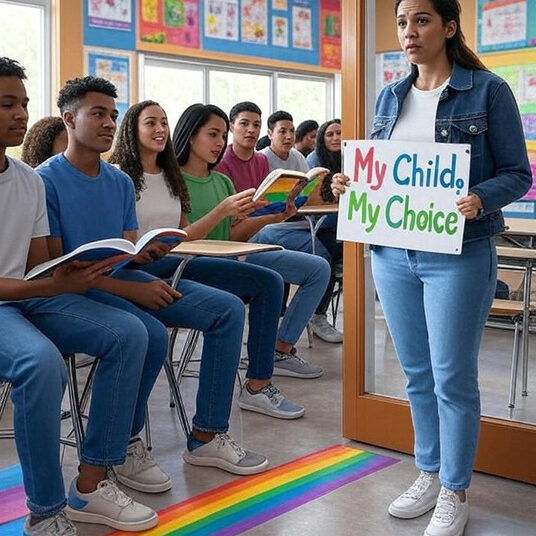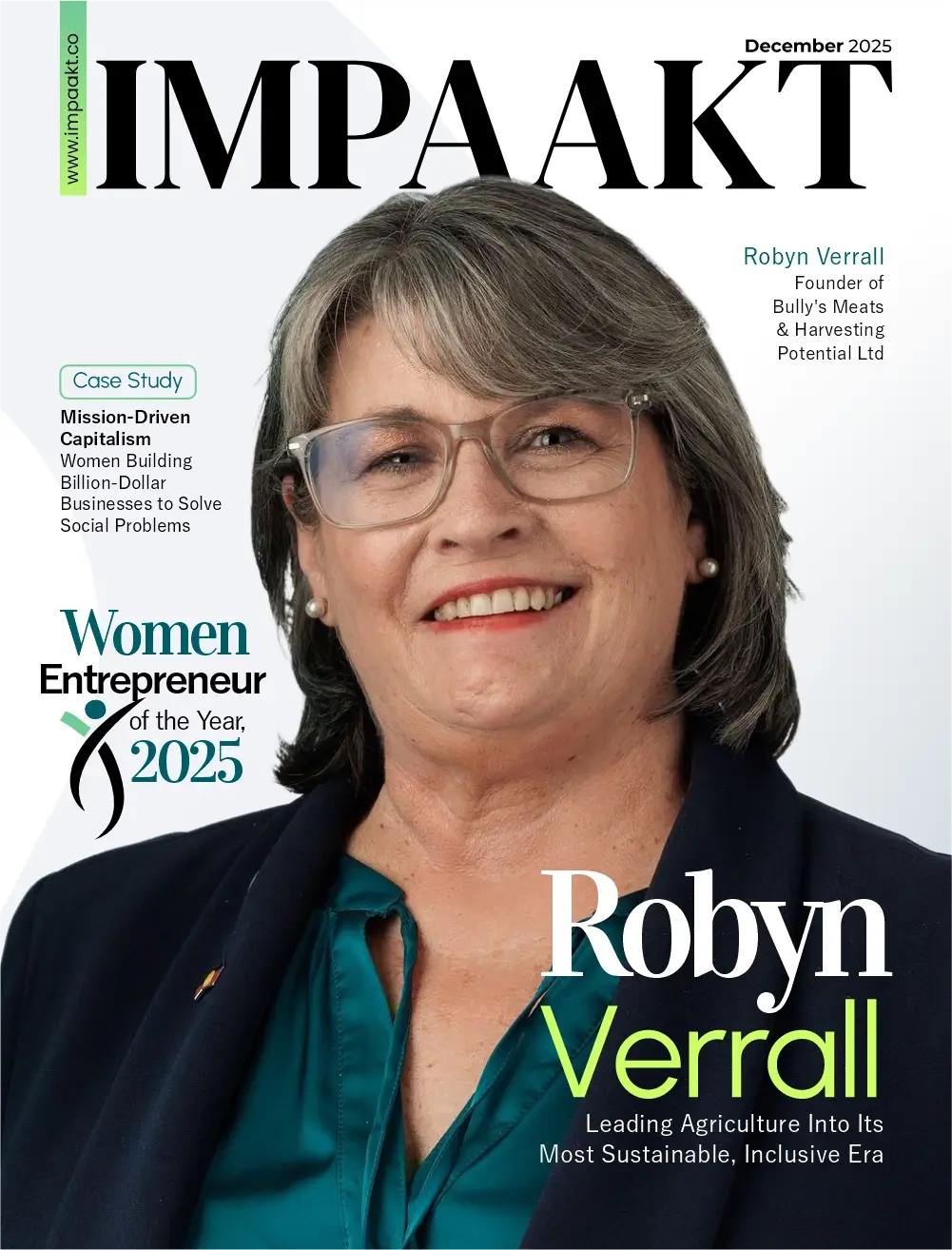Parents Revisit Their Fight for Parental Rights After Supreme Court Ruling
On June 27, 2025, the U.S. Supreme Court handed down a pivotal decision affirming the parental rights of families in public schools. The ruling sided with a group of Maryland parents seeking to opt their children out of reading LGBTQ+ inclusive books, citing religious objections. As debates reignite nationwide, parents who fought similar legal battles decades ago are weighing in with mixed reactions.
Reflections from a 1990s Court Battle
Back in 1992, Suzanne Brown was stunned when her son, Jason Mesiti, returned from a school assembly in Chelmsford, Massachusetts, describing a sex and AIDS education program as inappropriate and offensive. The program included theatrical demonstrations that, according to Jason, crossed the line of educational decency.
Shocked by the content and lack of prior notification, Brown sued the school district on grounds of religious freedom—but lost. Today, she views the Supreme Court’s new ruling as long overdue. “If a parent has beliefs and truths they want to stick to for their children, I think they should have the right to do that,” she said.
Supreme Court Ruling on LGBTQ+ Curriculum
In a 6-3 decision, the high court ruled that Montgomery County Public Schools in Maryland violated the First Amendment by denying opt-outs for parents opposed to reading LGBTQ+ themed books. Justice Samuel Alito emphasized that parents have a constitutional right to guide their children’s religious upbringing.
Justice Sonia Sotomayor dissented, warning the decision could create educational “chaos” and deter public schools from embracing diverse curriculums due to fear of lawsuits.
Opt-Outs: Parental Rights or Illusion of Control?
Suzi Landolphi, who created the controversial program attended by Jason in the 1990s, admits her approach was unconventional and possibly traumatic. Still, she insists the content was critical during the AIDS crisis. Landolphi now believes that while parents should have input, true control is elusive in a digital age.
Jason Mesiti, now an adult, supports opt-outs for harmful content but warns against book bans. “Schools should distinguish between age-inappropriate material and civil rights education,” he said.

Parental Rights in Legal History: From Tennessee to Connecticut
The Maryland ruling echoes older cases like Mozert v. Hawkins County in 1987, where evangelical parents objected to literature conflicting with their beliefs. Though initially victorious, they ultimately lost on appeal. Scholar Stephen Bates described it as a “proxy war” driven by national political groups.
Similarly, in Leebaert v. Harrington (2002), a Connecticut father sued after his son failed a health class due to non-attendance based on religious objections. Though the courts sided with the school, Corky Leebaert now believes parents should be granted opt-outs—within limits. “If we allow opt-outs for every issue, we risk eroding the integrity of public education,” he warned.
A Future of Educational Flexibility and Partnership
While advocates hail the Supreme Court ruling as a win for parental rights, others fear it could discourage schools from including inclusive or controversial materials. Education law expert Zach Schurin noted that public schools will now face a higher bar: proving a compelling interest when denying opt-out requests.
Bates, who supports the ruling, stressed the importance of accommodating different viewpoints to maintain diversity in classrooms. “Public schools are one of the last places where people from different backgrounds mix,” he said.
At the heart of the debate lies a common thread: families striving to raise their children according to their values. As Leebaert put it, “Behind every case are families doing their best to navigate difficult questions.”
Read more impactful stories shaping the future in IMPAAKT, your go-to top business magazine.











